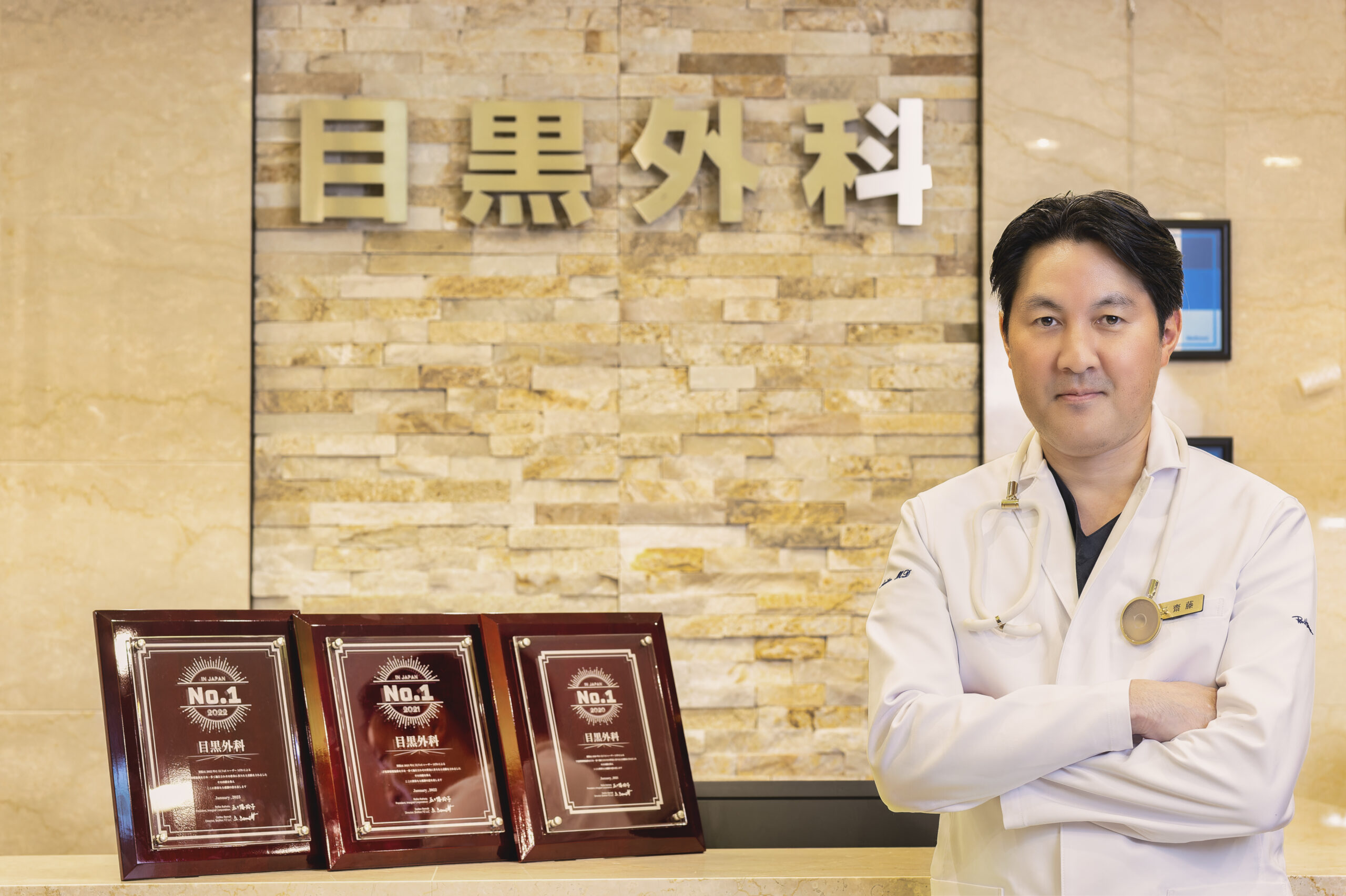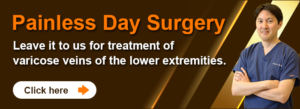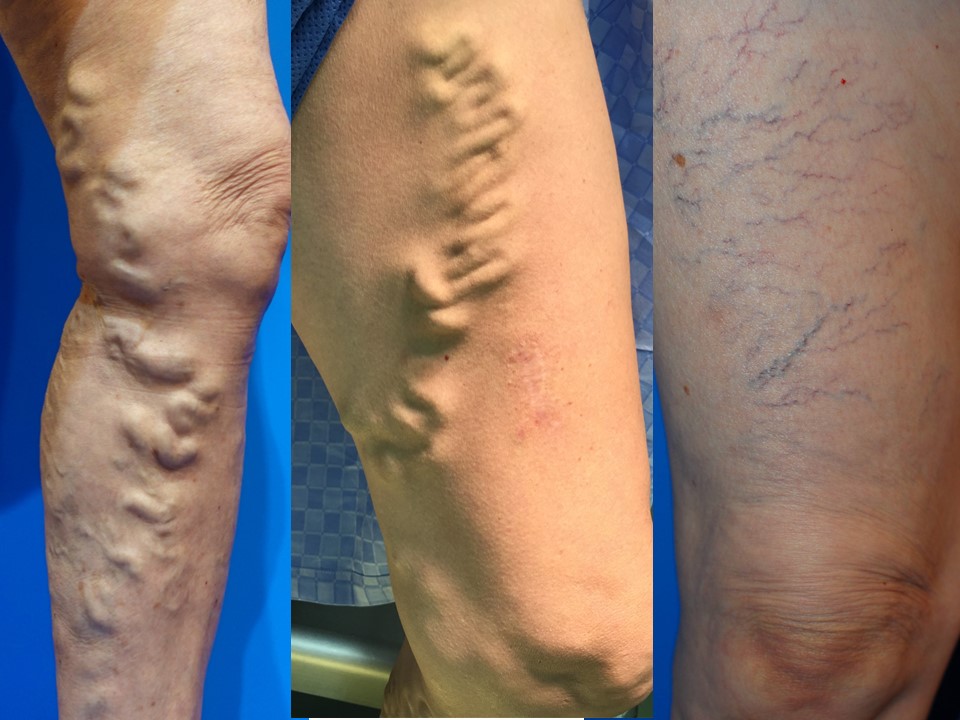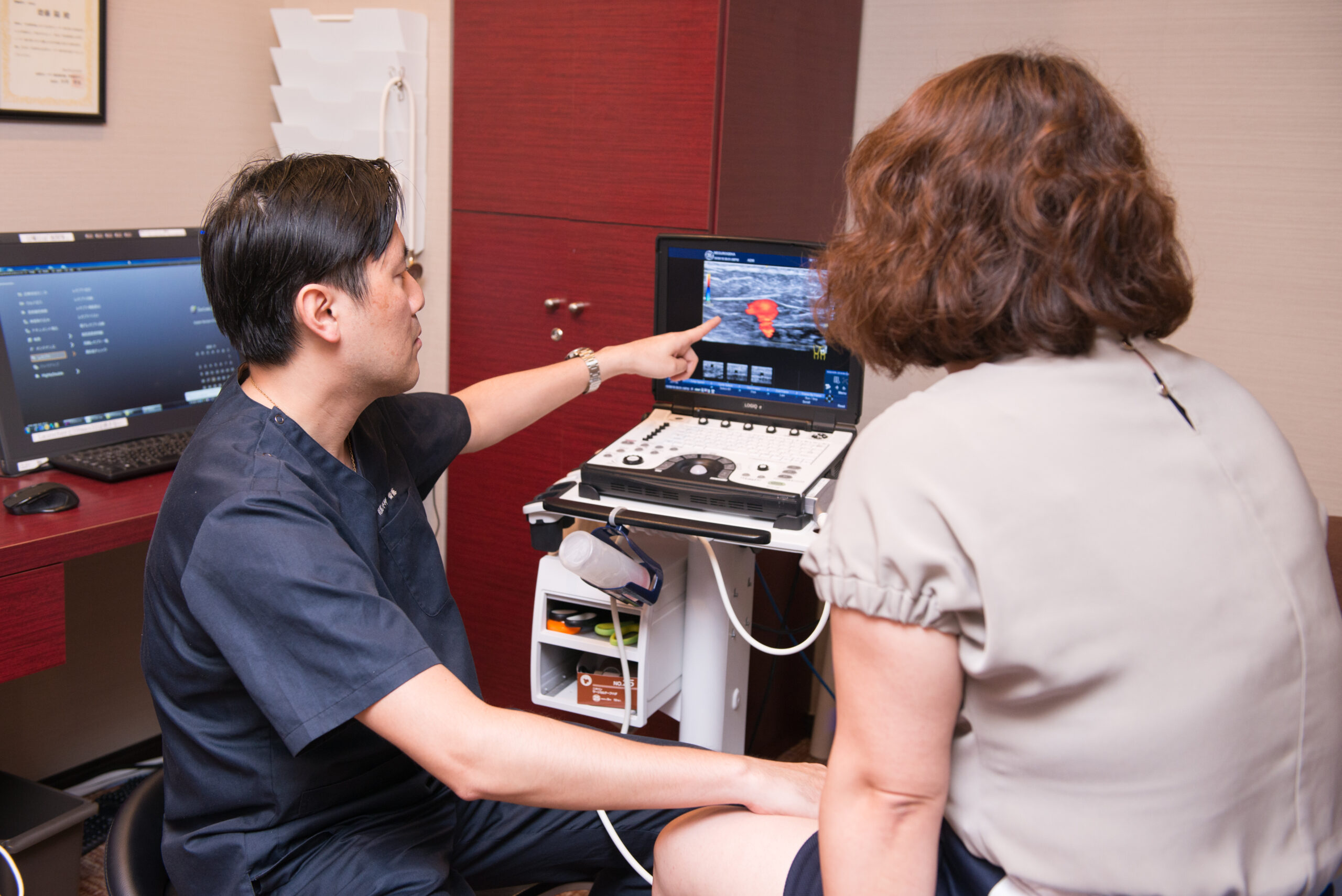First, Self-Check for Varicose Veins!
□ Prominent capillaries on thighs or behind knees
□ Bulging veins on shins, behind knees, or calves
□ Leg cramps while sleeping
□ Heavy or tired legs
□ Warmth below the calves
□ Swollen legs by evening
□ Eczema or itching below the knees
□ Darkening of the skin around the ankles
□ Hardening of the skin on the legs
□ Either parent has varicose veins
How was your check?
If you checked two or more items, you might have varicose veins.
Gather Information First!
We often hear from patients, “I didn’t know which hospital to go to or which department to consult.”
First, gather information about medical institutions to know where to go.
The most reliable and reassuring information is probably the reviews from those who have actually undergone varicose vein treatment.
As a doctor, if I were to get sick, I would ask my acquaintances for recommendations on good doctors.
If you have family, friends, or acquaintances who have been treated for varicose veins, ask them about their experience with the medical institution.
If you can’t get any reviews, check the online review sites.
Search with keywords like “hospital reviews,” and you will find several results.
The departments that treat varicose veins include cardiovascular surgery, general surgery, plastic surgery, dermatology, and radiology.
Check the hospital’s website to see if they mention varicose veins in their services, but it’s recommended to confirm by phone before visiting.
This is because the clinic may have only one day a week for consultations or outdated information on their website, meaning no available doctors. It’s important to confirm in advance to avoid wasting your time.
6 Points to Find a Trustworthy Doctor
1. Listens Carefully
Since it’s your body, don’t hesitate to ask the doctor even trivial questions.
If you undergo treatment without being convinced by the explanation, it could lead to trouble if the post-operative outcome is not satisfactory.
2. Shows Vein Reflux with Ultrasound
Some patients visit us for a second opinion after being recommended surgery at another medical institution without understanding the doctor’s explanation.
When asked about the explanation, they often say,
“Your veins are XXmm thick. So, you have varicose veins and need surgery.”
That’s all.
For those requiring varicose vein surgery, the issue is vein valve abnormality causing blood reflux.
Even if the veins are somewhat thick, if the valves are normal, blood does not reflux.
Thick veins = Need surgery?
Upon performing an ultrasound again, no blood reflux was found.
If there is no blood reflux, varicose vein surgery is unnecessary.
That patient almost underwent unnecessary surgery.
Pattern of Deceptive Doctors
Even if you only have symptoms in one leg, they will always recommend surgery on both legs.
Moreover, they will recommend another surgery on different veins in both legs a year later, without clear explanations.
Beware of such profit-driven deceptive doctors!
How to Spot a Deceptive Doctor
“Doctor, can I take this home and discuss it with my family before deciding on surgery?”
A decent doctor will respect the patient’s thoughts.
That’s sincerity, and it’s the way a human being, not just a doctor, should be.
3. Check the Doctor’s Background
Most websites have a page introducing their doctors.
Check the doctor’s background. What do you think about doctors who frequently change their specialty?
“Why do they change their specialty so frequently?”
- Inconsistency
- Only interested in high salaries
- Lack of a stable life
Check the doctor’s background.
4. Can Provide Surgical Experience
Ask the doctor about their surgical experience.
Though a high number of surgeries does not necessarily mean good skills, too little experience is concerning.
It’s good to ask the doctor.
If the doctor gets upset or stammers, it’s better to find one who answers confidently.
5. Presents at Conferences
Publishing treatment results and receiving third-party evaluations at conferences demonstrate efforts to improve treatment levels.
Check if the medical institution you are considering presents at conferences by visiting their website.
6. Attend Health Classes
Many medical institutions hold free explanatory sessions.
Check the website for information on these sessions, or if you receive a flyer, attend one.
Confirm the doctor’s explanations, personality, staff’s responses, and the clinic’s atmosphere with your own eyes.
Avoid doctors who use unscientific scare tactics like saying, “If varicose veins progress, you might need leg amputation.”
Also, be cautious of medical institutions that aggressively push for surgery after the sessions.
Firmly refuse if you encounter persistent treatment solicitation.
The Varicose Vein Clinic TOKYO is the clinic with the highest number of laser treatments for varicose veins in Japan.





